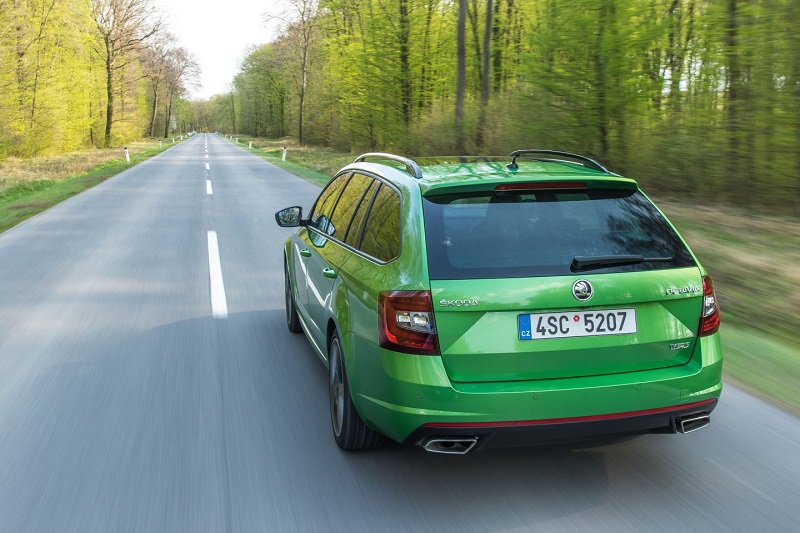Skoda Auto India is banking on the safety factor of its current car fleet to achieve double-digit growth this year. The Czech automaker plans to introduce India’s safest small SUV and an EV this fiscal year to strengthen its position in India’s fiercely competitive car market.
Skoda’s midsize SUV Kushaq and sedan Slavia have already passed the global NCAP crash test with flying colors, receiving a full 5-star rating for adult and child occupants under updated safety test protocols. The updated Kodiaq SUV has also received a five-star rating for adults and children in Euro NCAP crash tests.
According to Petr Solc, Brand Director at Skoda Auto India, “Today, the key buying criteria for increasing numbers of Indian buyers have moved away from price or features to safety, and our products fit the requirement.” He added that safety is at the core of the company’s strategy, and every Skoda, whether made for India or the world, is fully 5-star safe for adults and children.
The company claims that all its vehicles sold since 2008 have been five-star rated and have cleared stringent European safety norms. In line with the Indian government’s safety vision, Skoda intends to build its safe vehicle portfolio in the future.
The company will be proactively adding a slew of active and passive safety features, including ADAS and lane departure warnings, to its cars. Skoda Auto India is displaying the car body or sheet metal at various dealerships to educate buyers on the elements of safety.
Last week, Skoda held the ‘Safer With Škoda Track Day’ to showcase the best-in-class active safety features and braking manoeuvres of the Kushaq, Slavia, and Kodiaq at NATRAX, Asia’s longest high-speed test track in Indore, Madhya Pradesh.
“We see a potential double-digit growth for Skoda this year. The market for passenger vehicles is set to cross 4 million units, and we will continue to outperform to gain market share,” said Solc, adding that more new models were lined up for the Indian market.
India is the third-biggest global market for Skoda, and it is a key pillar for its growth.
This article includes sponsored content. The views expressed are those of the sponsor and do not necessarily reflect the official policy or position of our publication.

